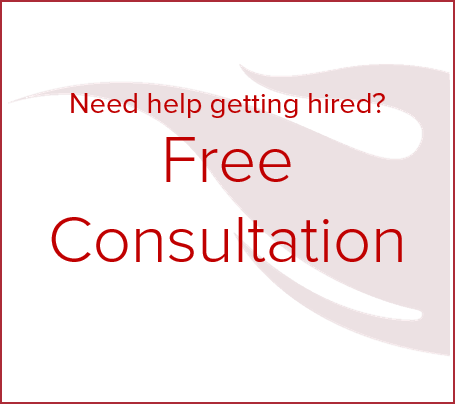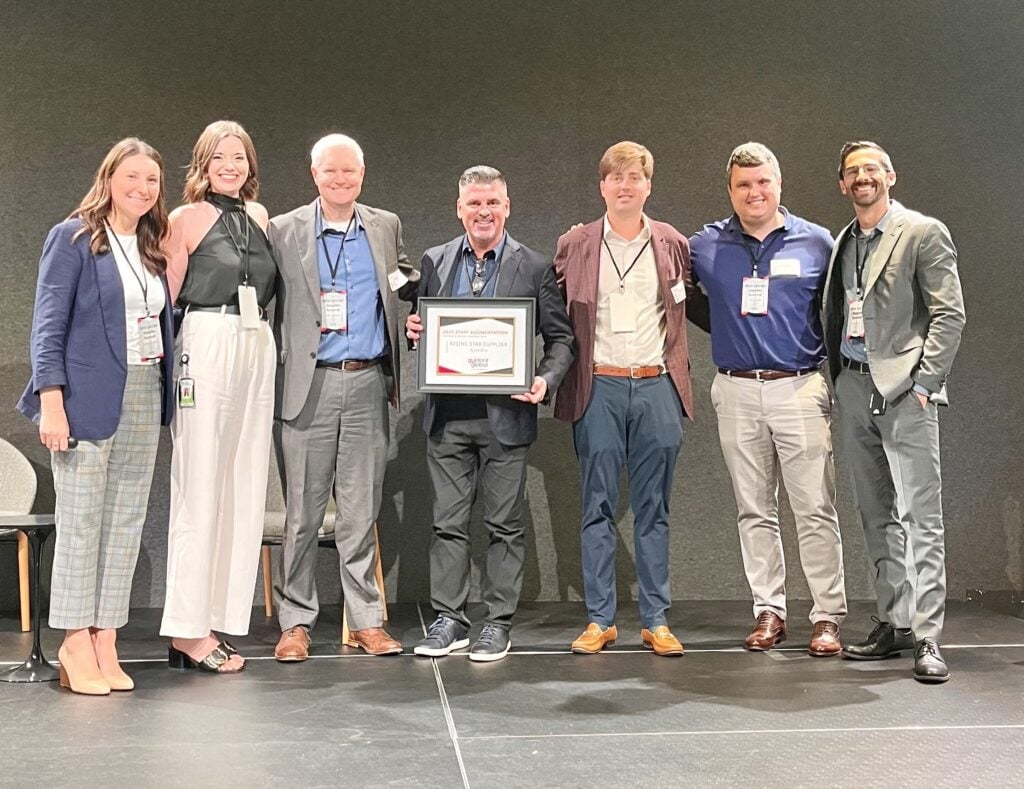
Searching for a job? Get your social media profiles in line first.
In times of double digit unemployment throughout much of the country, competition for open job positions is a fierce as ever. These days, it is not uncommon for hiring officials to receive dozens, sometimes even hundreds of applications for one job. Faced with the daunting task of determining which candidate is best suited for the position, employers are increasingly turning to social media as a tool to assist in the vetting process. Armed with that knowledge, it is important for you to know the “do’s and don’ts” of social media when searching for a job.

Facebook: Privacy controls are the key
There is no faster means to eliminating yourself from consideration for a job than to have a hiring official find questionable content on your Facebook page. Our definition of questionable content includes things such as photographs of the candidate in compromising situations, or incendiary posts regarding race, religion, politics, or other sensitive topics. In case you are wondering, yes, those pictures from sophomore year on the dance floor at Senor Frog’s in Cancun are probably ‘questionable’, at best.
Finding such questionable content on a candidate's public social media profile is a clear indication that the person lacks professional judgement. If someone is careless enough to share these elements of their lives with the public, then what are they going to do with a potential employer's sensitive information?
Fortunately, you hold all the cards with respect to what you share with the public (and with potential employers). Facebook has built-in privacy controls, which can all but completely eliminate any information a particular person can retrieve from your personal page. Make sure your settings are such that the general public cannot see what you post. You also have to consider what your friends, and especially your “friends-of-friends” can see, as you could potentially be opening your profile up to tens of thousands of people indirectly.
 Twitter: Be careful what you say, anyone could be watching
Twitter: Be careful what you say, anyone could be watching
Unlike Facebook, Twitter does not have robust built-in security functions. Instead, security is limited to a single setting that either allows you to approve who follows your tweets or not. If this setting is not enabled, anyone with an account can see what you are posting about. It is our experience that far too few people engage this setting, allowing the world to know what is on their mind.
Now, Twitter is limited in its functionality in that it doesn’t provide for extensive photo archiving like Facebook does. Still, despite the relative brevity of each post, alot can be said in 140 characters, and a disagreeable narrative could be what gets your resume tossed into the shred bin. With that in mind, you must employ sound judgement in who you allow as a follower and what you say.
LinkedIn: Use it to your advantage
Whereas there is little upside to opening up your Facebook or Twitter profiles to the masses, the opposite can be true for LinkedIn, provided you manage your account properly. A well-manicured LinkedIn profile can be a platform for you to shine in the eyes of a potential employer. Geared towards professional networking, the site can serve as an interactive virtual history of your education and past work experience.
They key to using LinkedIn effectively is just that--you have to use it. Letting your account sit idle causes information to go stale, and it forgoes opportunities to paint yourself in a positive light, such as testimonials and references. You should reach out to favorite colleagues (or professors if you are fresh out of school) and customers with whom you are connected and ask them to write a positive review of your performance. Doing so brings a distinguishing third-party element to your profile that other users often ignore.
A well designed, up-to-date LinkedIn profile should also include groups with which you are associated, as well as information about your community involvement. Another potentially positive element is that LinkedIn gives the hiring agent information regarding shared connections, allowing he or she to reach out to trusted sources to get more information about a candidate (so make sure you are connected with people who have a good opinion of you).
Summary
In short, take the common sense approach to social media as it applies to the job search function, and maintain that sensibility as you move throughout your career. Information privacy is not to be taken lightly. Employers are watching, or at least they are trying to, so make sure your profiles are appropriate. It could make all the difference in your quest to land your dream job.


